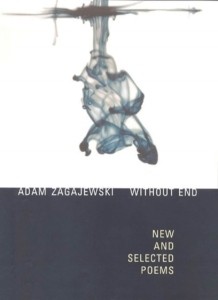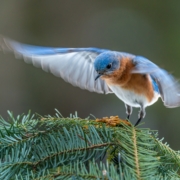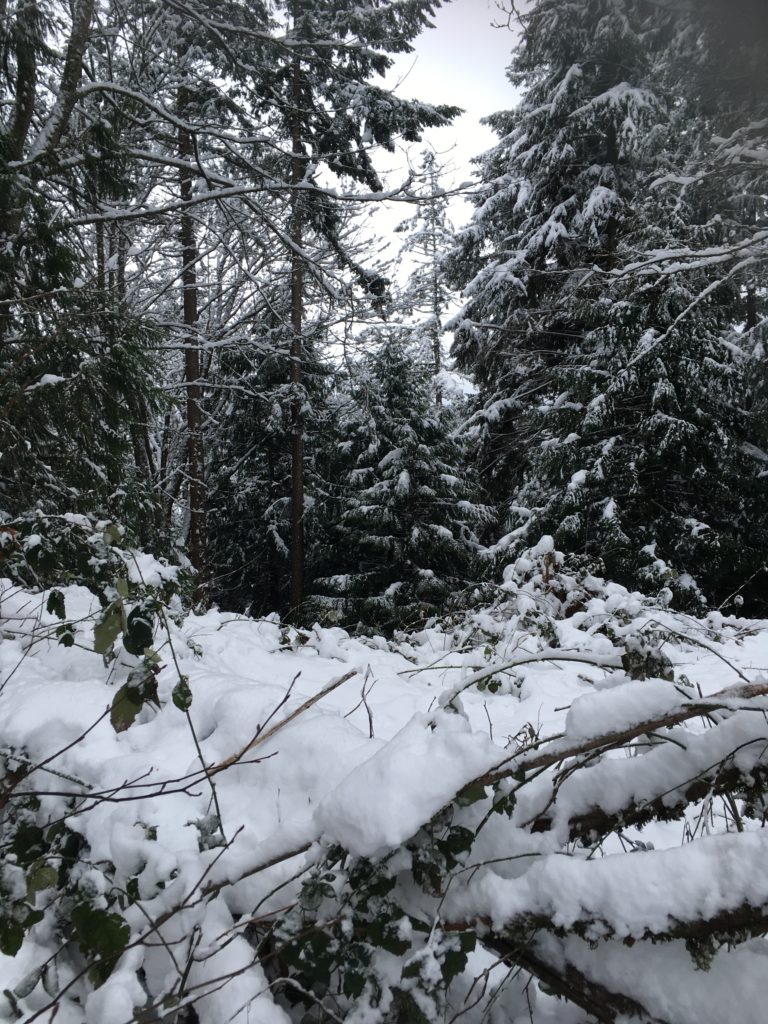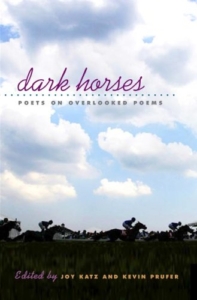Adam Zagajewski (1945-2021)
WITHOUT END: NEW AND SELECTED POEMS, Adam Zagajewski. Trans. Clare Cavanagh et al, Farrar, Straus and Giroux, 18 West 18th Street, New York 10011, 2002, 287 pages, paper, $15. www.fsgbooks.com.
I admit I am phoning-it-in this morning. But one of the poetry books I purchased last year, after borrowing it  numerous times from my local library, was Adam Zagajewski’s Without End. No, I did not read the entire book this morning, but, hearing the Ukrainian president call for musicians to “fill the silence with music,” I thought of this poem, shared widely at another moment in recent history when the arts responded to a crisis.
numerous times from my local library, was Adam Zagajewski’s Without End. No, I did not read the entire book this morning, but, hearing the Ukrainian president call for musicians to “fill the silence with music,” I thought of this poem, shared widely at another moment in recent history when the arts responded to a crisis.
Try to Praise the Mutilated World
Try to praise the mutilated world.
Remember June’s long days,
and wild strawberries, drops of rosé wine.
The nettles that methodically overgrow
the abandoned homesteads of exiles.
You must praise the mutilated world.
You watched the stylish yachts and ships;
one of them had a long trip ahead of it,
while salty oblivion awaited others.
You’ve seen the refugees going nowhere,
you’ve heard the executioners sing joyfully.
You should praise the mutilated world.
Remember the moments when we were together
in a white room and the curtain fluttered.
Return in thought to the concert where music flared.
You gathered acorns in the park in autumn
and leaves eddied over the earth’s scars.
Praise the mutilated world
and the gray feather a thrush lost,
and the gentle light that strays and vanishes
and returns.—Adam Zagajewski
This poem was widely circulated after 9/11, and you can hear it read aloud at Poetry Foundation. (Which I definitely recommend.) This is the sort of poem that makes me glad to be a poet. And if I were teaching a class titled “Writing Your Memorable Poem,” it would be the first poem I’d want to discuss.
For more current responses to our wounded world, check out Rattle’s “Poets Respond” series.
I’ll be back with another book review tomorrow.



 I was casting about for something to post here to mark the so-far quiet beginning of 2022, and at poetryfoundation.org I found
I was casting about for something to post here to mark the so-far quiet beginning of 2022, and at poetryfoundation.org I found